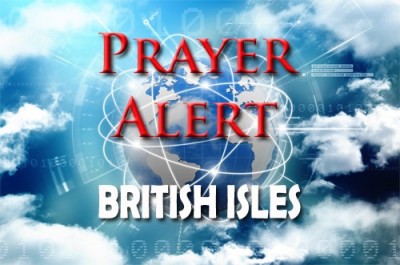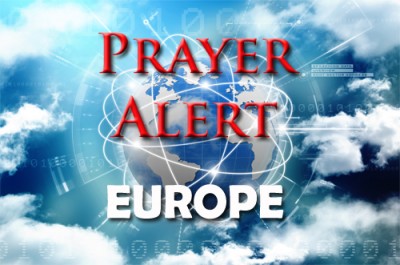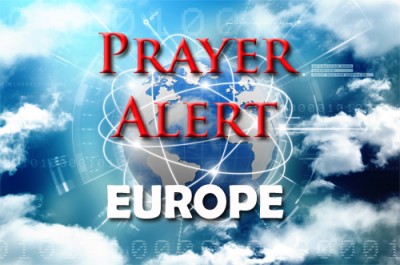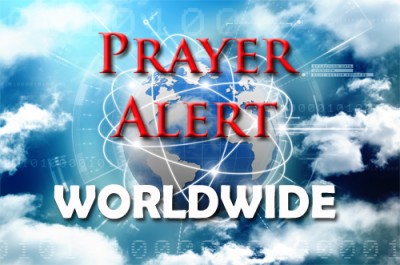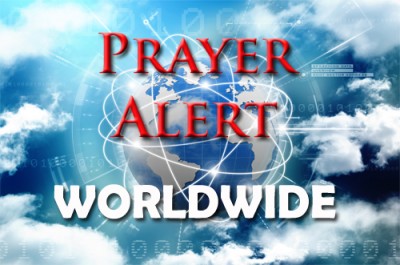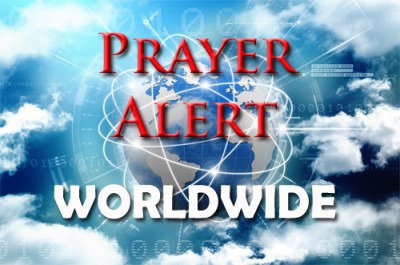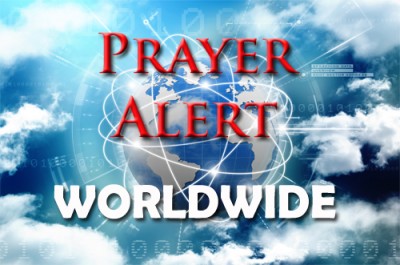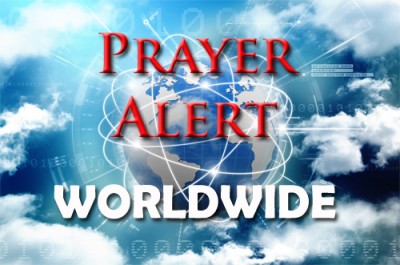Christian, Jewish, Muslim and other faith group parents have commenced a judicial review into the new relationships and sex education curriculum. The judicial review, launched by Let Kids Be Kids Coalition, will challenge the education secretary's decision to prevent parents from withdrawing their children from relationships lessons that came into effect on 1 September. The mandatory curriculum includes transgender and LGBTQ topics. While schools are required to consult parents on the lessons content, parents do not have any right of veto. Parents voiced concern that books on sexual orientation and gender dysphoria, like 'King and King', 'And Tango Makes Three' and 'My Princess Boy' are becoming normalised in primary schools and relationships education had become ‘sex education by a different name’. They do not want children exposed to ideologies that do not reflect the family’s religious convictions and are crowdfunding to cover the legal costs of their challenge.
Rosh Hashanah, the Jewish New Year, runs from 18 to 20 September. Hasidic Jews travel to Ukraine every Jewish New Year in their tens of thousands to worship at Rabbi Nahman's tomb. But Ukraine is keen to avoid a spike in coronavirus infections, and Kyiv has closed its borders to foreigners until late September. However, Ukraine has accused Belarus of encouraging more Jewish pilgrims to go to their shared border, as 2,000 (including children) are camped out at the border of the two countries, where charities and pilgrims are running out of food and medical supplies. ‘We are stuck here with no money, no roof, no food or drink’, said Haim Weitshandler. He urged the Israeli government to resolve what he called a ‘humanitarian catastrophe’. Ukraine said that Belarus was ‘exacerbating tensions’ by claiming that the pilgrims will be able to cross the border.
France: return of Yellow Vests
17 Sep 2020After pausing for the coronavirus lockdown and summer holidays, the Yellow Vests brought their anger back to the streets for a series of protests in Paris and a number of other French cities. Their last major protest was on 14 March, on the eve of local elections. This was just three days before the country went into lockdown for Covid-19. The protests were in defiance of a ban from President Macron over mass gatherings. It is almost two years since the first Yellow Vest protest on 17 November 2018. Their numbers at first soared and then ebbed. The question now is whether they will rise again like a phoenix from the ashes as social dissension grows over Covid restrictions. People fear another outbreak of violence on the Champs-Elysées, where all gatherings have been banned.
World: G20 must combat coronavirus corruption
17 Sep 2020Six months ago Covid-19 was declared a pandemic and has turned the world upside down. Besides the devastating human toll there is the disturbing reality of rising authoritarianism and misuse of relief funds. The growing corruption related to Covid-19 spending calls for global, multilateral solutions. The G20 is one of the few international forums that has the potential to shape and implement policy to fight this crisis. While they promised US$21 billion to fight Covid in June, they have stayed silent on how they will ensure that the funds reach those who need them the most. Last week was the first time the G20 anti-corruption group met in seven months. Also the pandemic has exposed vulnerabilities in public contracting systems around the world and shown how unprepared governments are to buy safely during emergencies. South Africa is one of the worst offenders: see
Haiti: teachers on strike
17 Sep 2020Teachers in Haiti have refused to return to classrooms, even taking to the streets to protest a lack of pay and safe working conditions. This was already a problem and the pandemic made it worse. Haiti runs in cycles. Their government gets money. Sometimes it doles it out and sometimes it doesn’t. When it doesn’t, police work for months without payment. Teachers can work for the entire school year without payment. Theft has become an expected part of the culture. Haiti with Love has been sharing the Gospel with parents who bring in their children for burn treatment. People are very open to listening when they realise that the reason people are helping their babies is the love of Christ. They ask, ‘Who is this Christ who provides all of this help? Tell me about him.’ Pray for the Burn Clinic, and also for Pilgrim House which provides homes for homeless people.
Perú's parliament will impeach President Vizcarra for blocking an investigation into mis-use of public funds. He swept into power with an anti-corruption agenda. He denies ‘moral incapacity‘, despite audio recordings of him misusing funds. They have provoked a public outcry in pandemic-stricken Perú which now has the highest Covid death rate per capita in the world. Perú's economy is also struggling to recover from the three-month shutdown of the mining sector due to coronavirus. Pray for lawmakers to ensure corruption is replaced with honest reliable leadership. Pray for wise business transactions and a speedy economic recovery for commerce and industry that has seen quarterly GDP plummet by over 40%. Pray for successful strategies to halt the spread of coronavirus. Meanwhile missionaries are working to reach the thousands of Chinese migrants now settling in Peru: pray for believers from their ministry (see).
USA: BLM unsavoury spirituality
17 Sep 2020Black Lives Matter organiser Melina Abdullah called out the names of blacks killed by police and summoned the spirits of the dead by pouring out a drink offering on the pavement at a Los Angeles June march. ‘Our power comes not only from the people here but from the spirits that we cannot see’, said Abdullah, as reported by the Los Angeles Times. ‘When we say their name, we invoke their presence.’ In the 1960s, the leaders of Civil Rights movements were Christians. Today’s BLM leaders are completely different. Pray for the US church to weigh its response to racism and police brutality while filtering a movement whose values are diametrically opposed to the Bible’s. It blends African and indigenous cultures’ spiritual practices ,and beliefs, ancestor worship; chanting rituals, dancing, and summoning deities. This unsavoury underpinning has caused a parallel movement called One Race to be birthed, welcoming all races and based on prayer, praise, preaching, and education.
USA: Hurricane Sally
17 Sep 2020Hundreds of people near the Florida-Alabama border were being rescued from floodwaters brought on by Hurricane Sally on 16 September. Authorities fear many more could be in danger in the coming days. ‘We had four months of rain in four hours’, said the Pensacola fire department. Sally has weakened since making landfall as a Category 2 hurricane, but the devastation was visible across Southern states by nightfall. Sally continues to slowly move northwest causing torrential rain over eastern Alabama and western Georgia. Pensacola and parts of Florida and Alabama are submerged, with rivers approaching dangerous levels. Numerous counties are under curfews to keep residents safe. A commissioner in Florida said they are still in evacuation and lifesaving recovery missions, as historic and catastrophic flooding threatens more communities. There could be thousands of evacuations. Pray for the families and businesses in areas looking like war zones.
